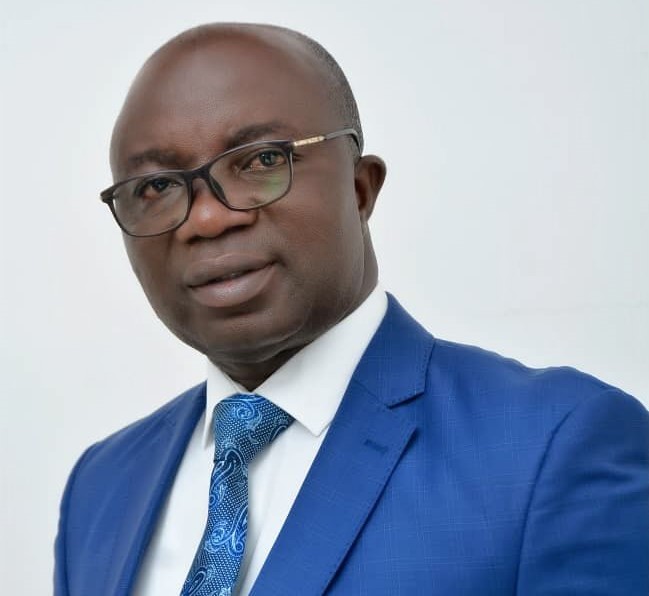The National Service Scheme (NSS) is poised to broaden the scope of its Pedagogy Programme to include more National Service Personnel (NSPs) deployed to Basic and Second cycle institutions for this year.
Particularly targeting personnel lack teaching skills, the programme is set to deploy close to 5,000 service personnel to bolster teaching and learning activities in Senior High Schools for the 2024 year.
The NSS launched the NSS Pedagogy Module in 2022, a progressive programme designed to equip National Service Personnel (NSP) with advanced teaching methods and educational techniques.
This initiative, spearheaded by the Executive Director of the NSS, Hon. Osei Assibey Antwi, in collaboration with the National Teaching Council (NTC), Transforming Teaching, Education, and Learning (T-TEL), and the Principals of Colleges of Education (PRINCOF), aims to bridge the gap between untrained and qualified teachers, ensuring that every classroom in Ghana is led by competent and effective educators.
The groundwork for the third phase of this crucial programme has already been laid, setting the stage for a successful commencement.
Armstrong Esaah, Head of Corporate Affairs of the NSS in an article said the NSS Pedagogy Module can be described as a leapfrogging approach towards improving the quality of education in Ghana.
He stated that by equipping NSPs with the necessary teaching skills, the programme not only addresses the immediate needs of the education sector but also a means of creating an opportunity for job creation for thousands of Ghana’s youth, stressing that the initiative highlights the NSS’s commitment to transforming education and providing valuable employment opportunities for NSPs.
He indicated that there is a concerted effort to develop NSPs’ capacity in Universal Design for Learning (UDL), enabling them to cater to all learners, including those with special needs particularly crucial in rural areas where the pupil-teacher ratio gap remains significant.
Furthermore, the NSS aims to facilitate the enrolment of NSPs interested in pursuing a career in teaching in postgraduate education programmes through partnerships with colleges of education and other institutions adding that “the NSS pedagogy training aligns with the Education Regulatory Bodies Act 1023 of 2020, which mandates the NTC to regulate the teaching profession.”
This, the NSS Head of Corporate Affairs noted in the article includes professionalizing teaching through standards development, continuous professional development, and licensing and that the training ensures that NSPs comply with the standards, promoting a culture of continuous learning and professional growth.
“The training module includes a two-week initial intensive training before service commencement and intermittent training throughout the one-year period, providing NSPs with year-long hands-on practice and theoretical knowledge essential for effective teaching” the NSS Head of Corporate Affairs noted.
Upon completing the training, NSPs are awarded temporary licenses, allowing them to teach in secondary schools. This temporary licensure is a stepping stone towards obtaining a full professional license, provided they pass the teacher licensure exams.
Under the umbrella of the “deployment for employment” agenda, the NSS is moving towards professionalizing teaching among NSPs, ensuring that those without pedagogical training receive basic teaching skills through the Pedagogy Training for Untrained Teachers initiative.
This signifies a shift from merely mobilizing NSPs for deployment to equipping them with employability skills that ensure sustainable livelihoods post-service.
This initiative underscores the NSS’s commitment to fostering continuous professional development among NSPs and instilling a culture of lifelong learning and growth
In 2022, the programme’s launch saw 300 National Service Personnel (NSPs) trained and deployed to senior high schools.
The following year, 2023, the initiative expanded significantly, with 1,934 NSPs undergoing rigorous pedagogy training to enhance their teaching skills for their national service.
By Armstrong Esaah, Head of Corporate Affairs, NSS





















